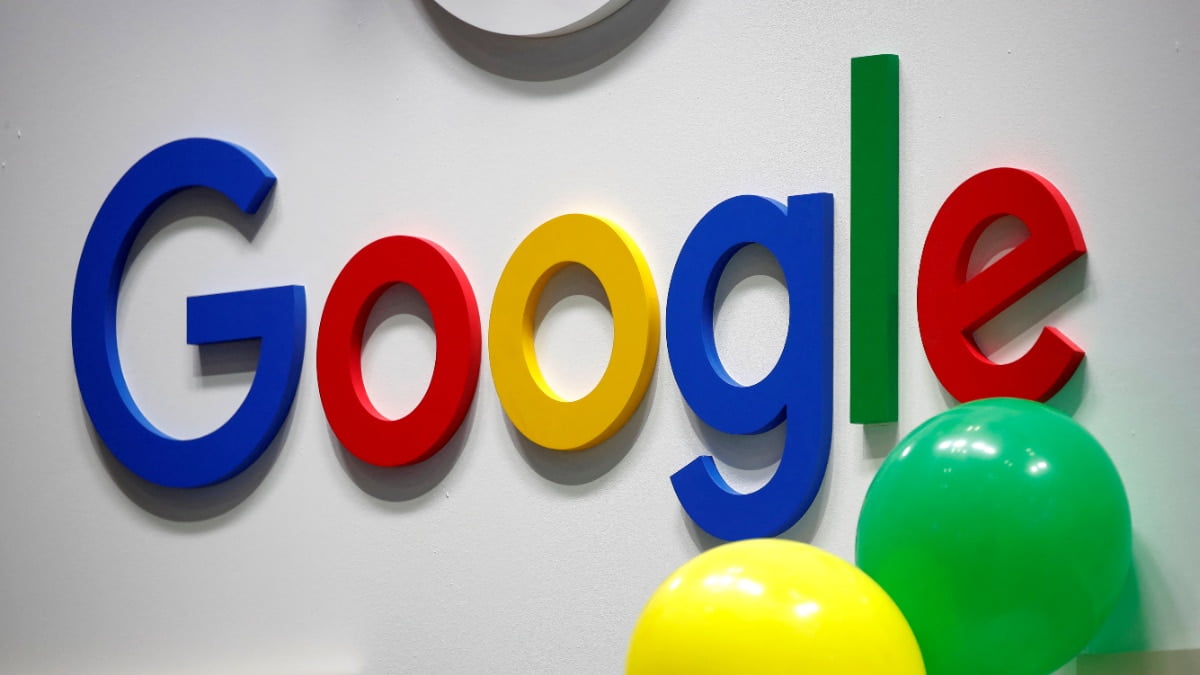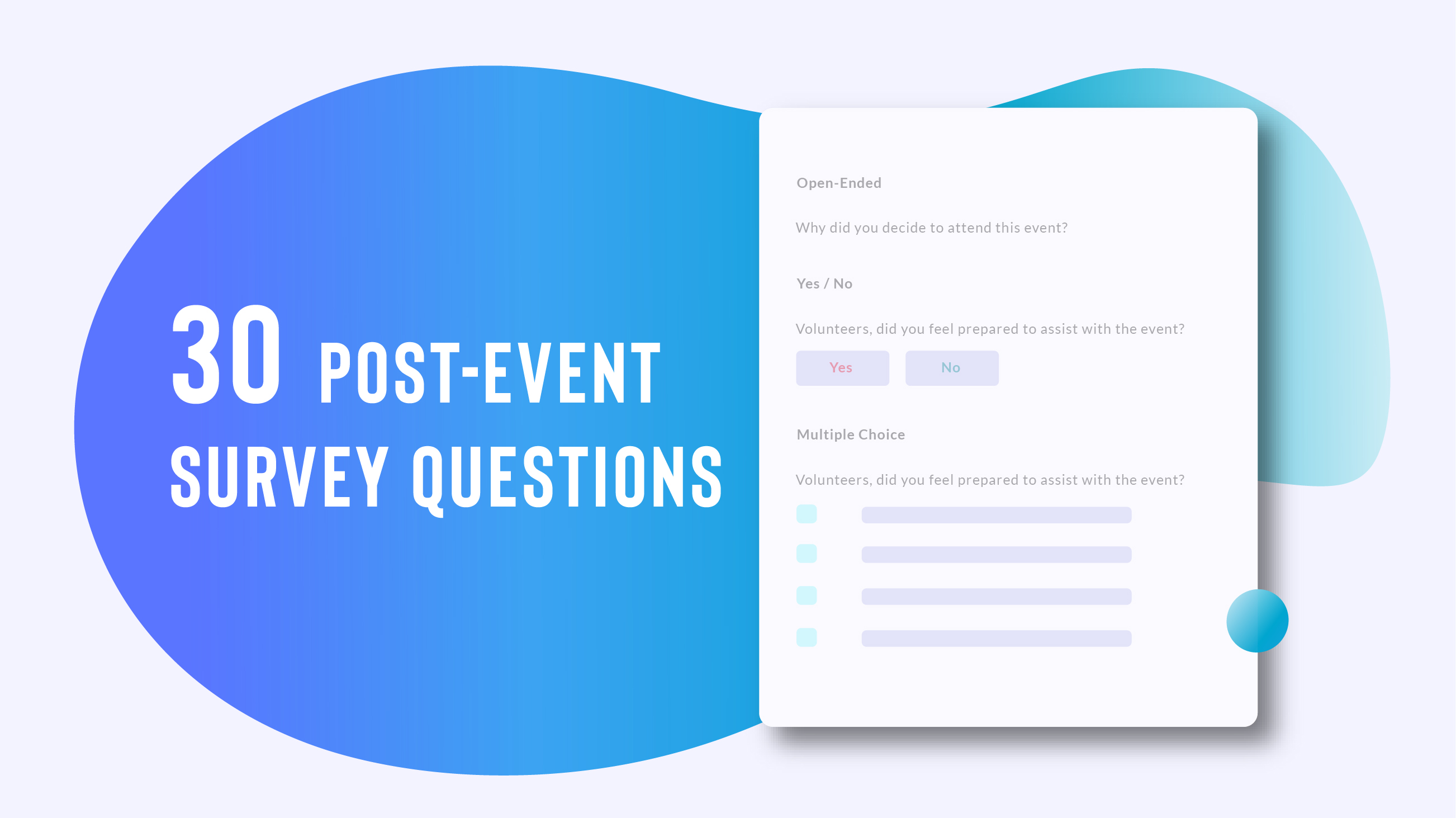Although Apple has recently implied that its iPad Pro tablet could replace a traditional PC, the nascent ad campaign does not signal an immediate change in the company’s strategy, an analyst argued today.
“The iPad Pro is not the answer to everything,” said Carolina Milanesi, an analyst with Creative Strategies, in an interview. “I don’t believe [Apple] thinks there is not a place for the Mac.”
Milanesi was reacting to questions prompted by commentary she wrote after Apple introduced a new TV advertisement Aug. 1. In the ad, Apple labeled the keyboard-equipped iPad Pro a “computer,” and deployed a tag line that said, “Imagine what your computer could do … if your computer was an iPad Pro.”
It was the most explicit portrayal of the iPad Pro as stand-in for a PC since Apple introduced the tablet 11 months ago, even though CEO Tim Cook has constructed more straightforward comparisons when talking to Wall Street. “iPad Pro is … the ultimate replacement device for customers switching from PC notebooks,” Cook contended last month during the firm’s second-quarter earnings call.
Like Microsoft before it, Apple has attempted to stretch the definition of “computer” or “personal computer.” Microsoft has been on that path since it unveiled the Surface portfolio of 2-in-1 devices in mid-2012, just prior to the debut of Windows 8.
“The iPad Pro is, of course, not the first tablet trying to convince you it can do what your PC does and more,” Milanesi wrote on Tech.pinions this week. “Microsoft has been trying to do the same with the Surface.”
Milanesi concluded that while the two companies’ approaches are quite different, both worked towards the same goal. “They are now fighting a battle on opposite fronts but with one common interest — changing how people think of a PC,” she wrote.
The iPad Pro ad was more an attempt to change perceptions — a chore that by necessity will be a long-term effort — and much less a statement that the tablet with a keyboard is now a PC replacement. “The more you live in apps, the more you think you can get away with [using a tablet rather than a PC],” Milanesi said. “But I don’t think there’s a rush [by Apple] to get there. They don’t have a hybrid [like the Surface Pro]. And they’re not going to put touch on a Mac.”
Part of her reasoning is a belief that Microsoft’s approach with the Surface is flawed. There was no question that the Surface kicked off a new — andgrowing — device category, but its impact was diluted. The Surface wasdifferent, but in reality, not many actually thought of it in a different way, Milanesi said.
Because the Surface runs a desktop OS, albeit one enhanced for touch, users continue to envision their Surface as a personal computer, a PC, burdening the device with decades of meaning and definition. In fact, Microsoft does, too: When a Surface reboots, the on-screen message reads “Your PC is restarting,” Milanesi noted, not “Your Surface is restarting.”
“It is not surprising the Surface commercials show people using the Surface in their non-conventional businesses, and end with ‘I could not do that with my Mac,'” Milanesi wrote on Tech.pinions of Microsoft’s emphasis on comparing the Surface to a PC.
Apple’s ad is different. Rather than link the iPad Pro to “PC,” Apple referenced “computer.” That was intentional. “They never say that this is a ‘personal computer,'” Milanesi said. Nor does the latter term resonate with younger users, she maintained. Ask an elementary school-aged child what an iPad is, and their answer will be “computer.”
“A ‘computer’ is whatever window gets you into the Internet,” Milanesi said. “And the new generation is more touch prone, more into apps, and might think about an iPad more as a computer.”
And there’s the rub. Apple and Microsoft can try to change the answer to the question “What is a PC?” all they want with devices like the iPad Pro and the Surface Pro 4, but there is no evidence they’ve moved the definition. Or that Apple is itself convinced that a turn is imminent.
“There’s no pressure on Apple to get out of the personal computer business,” said Milanesi.
What will it take to change the concept of a personal computer, or a computer for that matter? More ads? More hybrids? More keyboards stuck onto tablets?
“Lots of kids growing up, that’s what,” said Milanesi.
[Source: Computerworld]




